
Russian Language profession, and understanding each specialty can help you navigate the healthcare system or pursue a career in medicine.

The branch of science concerned with the chemical and physico-chemical processes and substances that occur within living organisms.
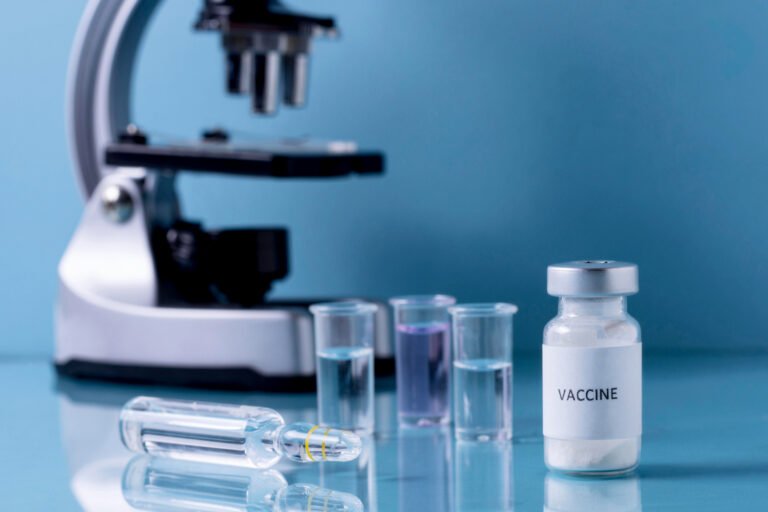
Deals with medications, their effects, and interactions.the branch of medicine concerned with the uses, effects, and modes of action of drugs.
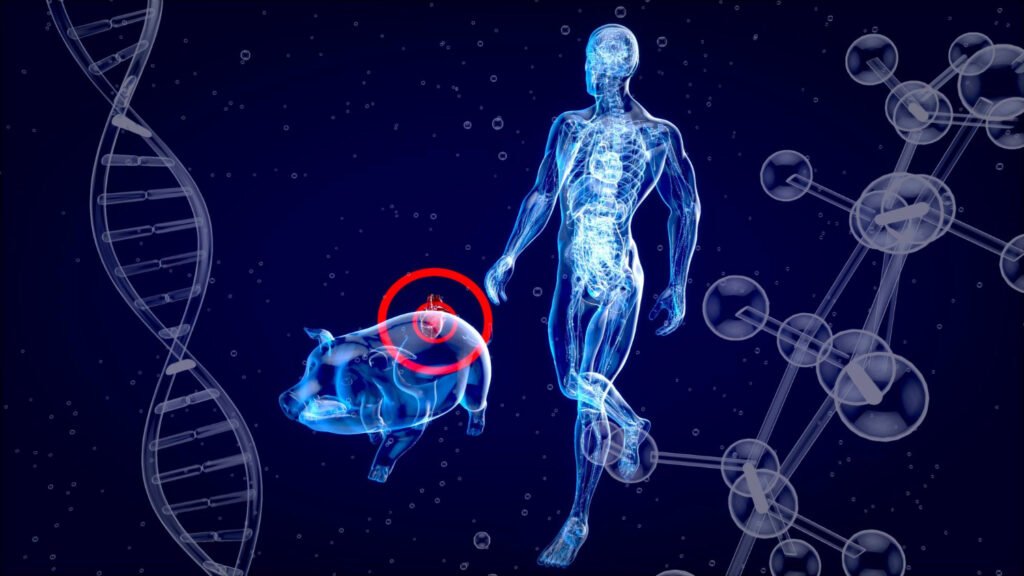
Studies bodily functions and processes.
the branch of biology that deals with the normal functions of living organisms and their parts.
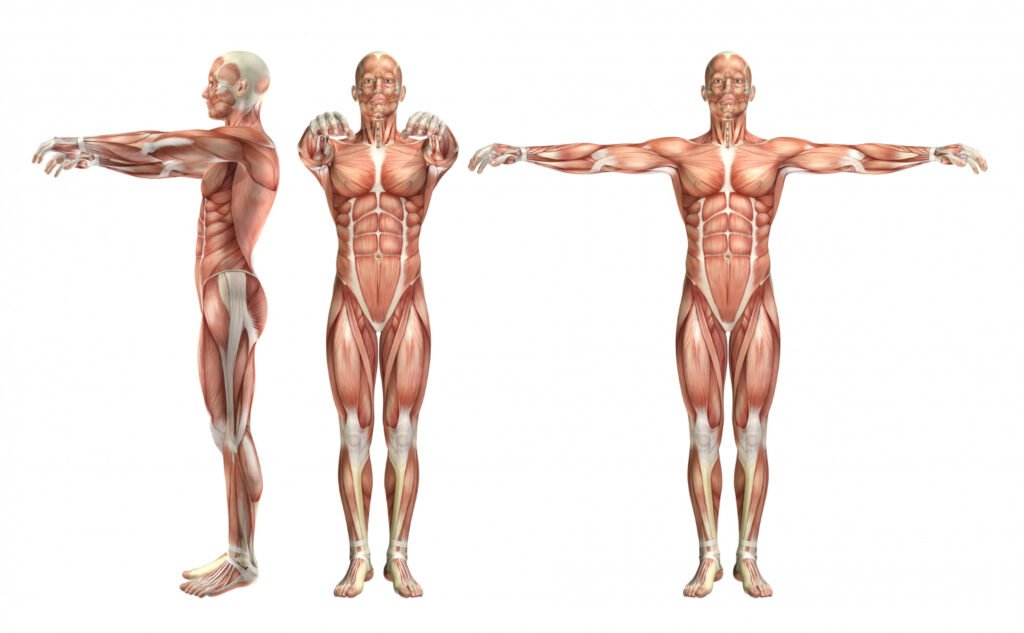
The branch of science concerned with the bodily structure of humans, animals, and other living organisms, especially as revealed by dissection and the separation of parts.

Microbiology is the study of the biology of microscopic organisms – viruses, bacteria, algae, fungi, slime molds, and protozoa.

Deals with eye health and vision. Ophthalmology is a clinical and surgical specialty within medicine that deals with the diagnosis and treatment of eye disorders

Focuses on musculoskeletal system disorders and injuries. relating to the branch of medicine dealing with the correction of deformities of bones or muscles.

Studies skin conditions and diseases. meaning of DERMATOLOGY is a branch of medicine dealing with the skin, its structure, functions, and diseases

Cares for infants, children, and adolescents’ health. PEDIATRICS is a branch of medicine dealing with the development, care, and diseases of infants, children, and adolescents.

Addresses mental health disorders and illnesses.the branch of medicine concerned with the study, diagnosis, and treatment of mental illness.

Deals with ear, nose, and throat disorders.a medical specialty which is focused on the ears, nose, and throat. It is also called otolaryngology-head and neck surgery because specialists are trained in both medicine and surgery.

Involve the application of medical knowledge and toxicology principles to legal and criminal justice contexts. Specifically, forensic medicine examines and investigates injuries, death, and other medical-legal issues, while forensic toxicology focuses on the identification and quantification of drugs and toxins in biological samples.

Obstetrics and Gynecology (OB/GYN) is a medical specialty focused on women’s health, encompassing both pregnancy and the non-pregnancy related aspects of the female reproductive system.

Health refers to the overall health status of a group of people who live, work, or play together. It encompasses various factors beyond just individual health, including access to healthcare, social support, safe neighborhoods, and nutritious food, all of which contribute to the well-being of a community.

General term for diagnosing, treating, and preventing diseases.the science or practice of the diagnosis, treatment, and prevention of disease (in technical use often taken to exclude surgery).

The branch of medical practice that treats injuries, diseases, and deformities by the physical removal, repair, or readjustment of organs and tissues, often involving cutting into the body.
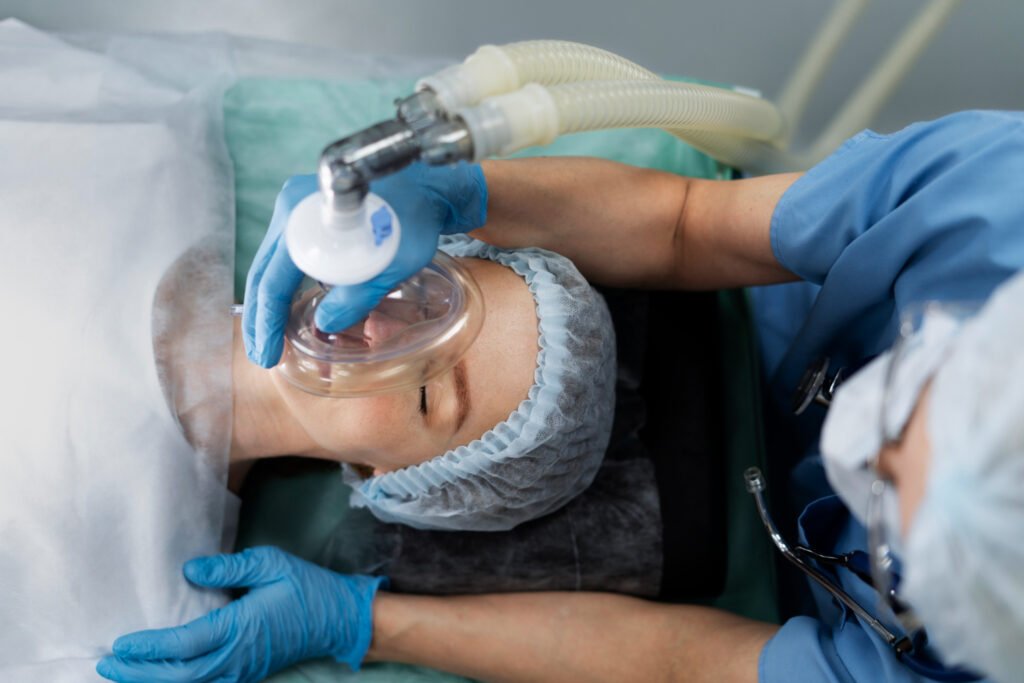
Concerned with pain management and anesthesia administration. The branch of medicine that is focused on the relief of pain in the perioperative period
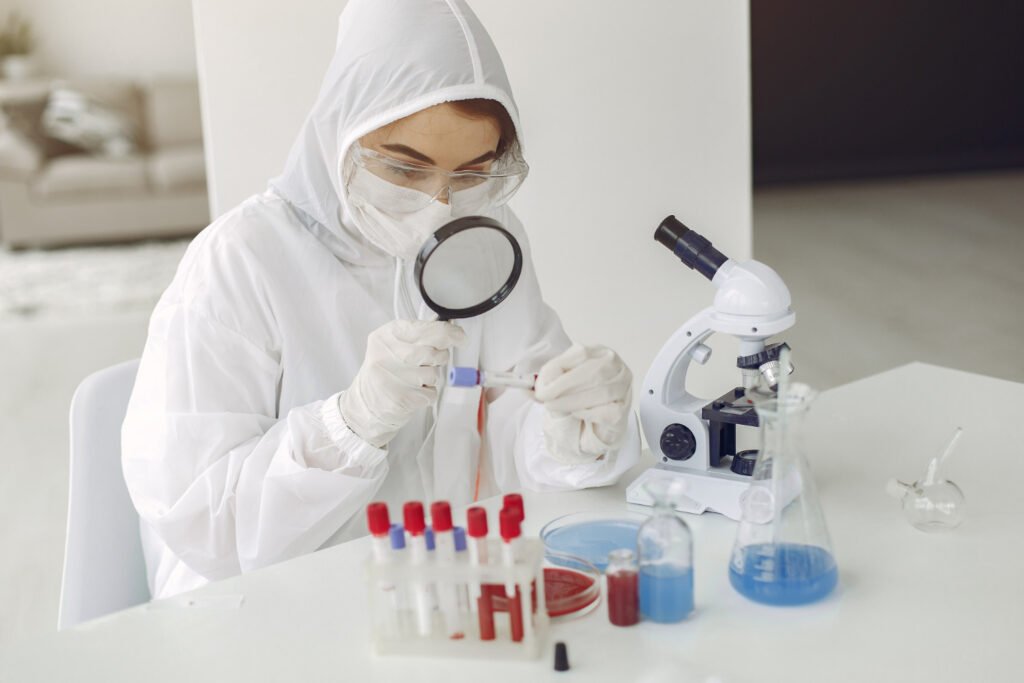
The study of the essential nature of diseases and especially of the structural and functional changes produced by them.
